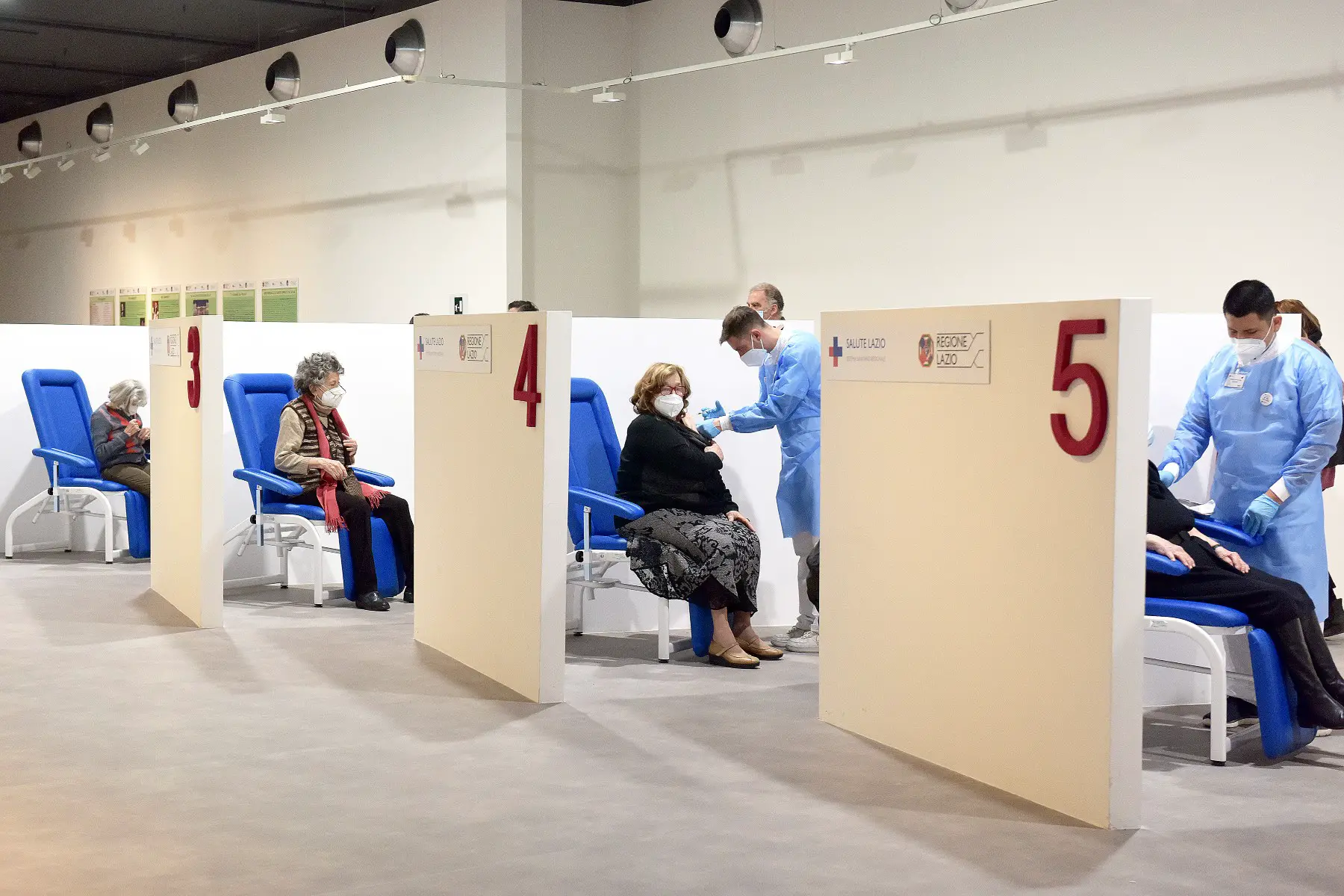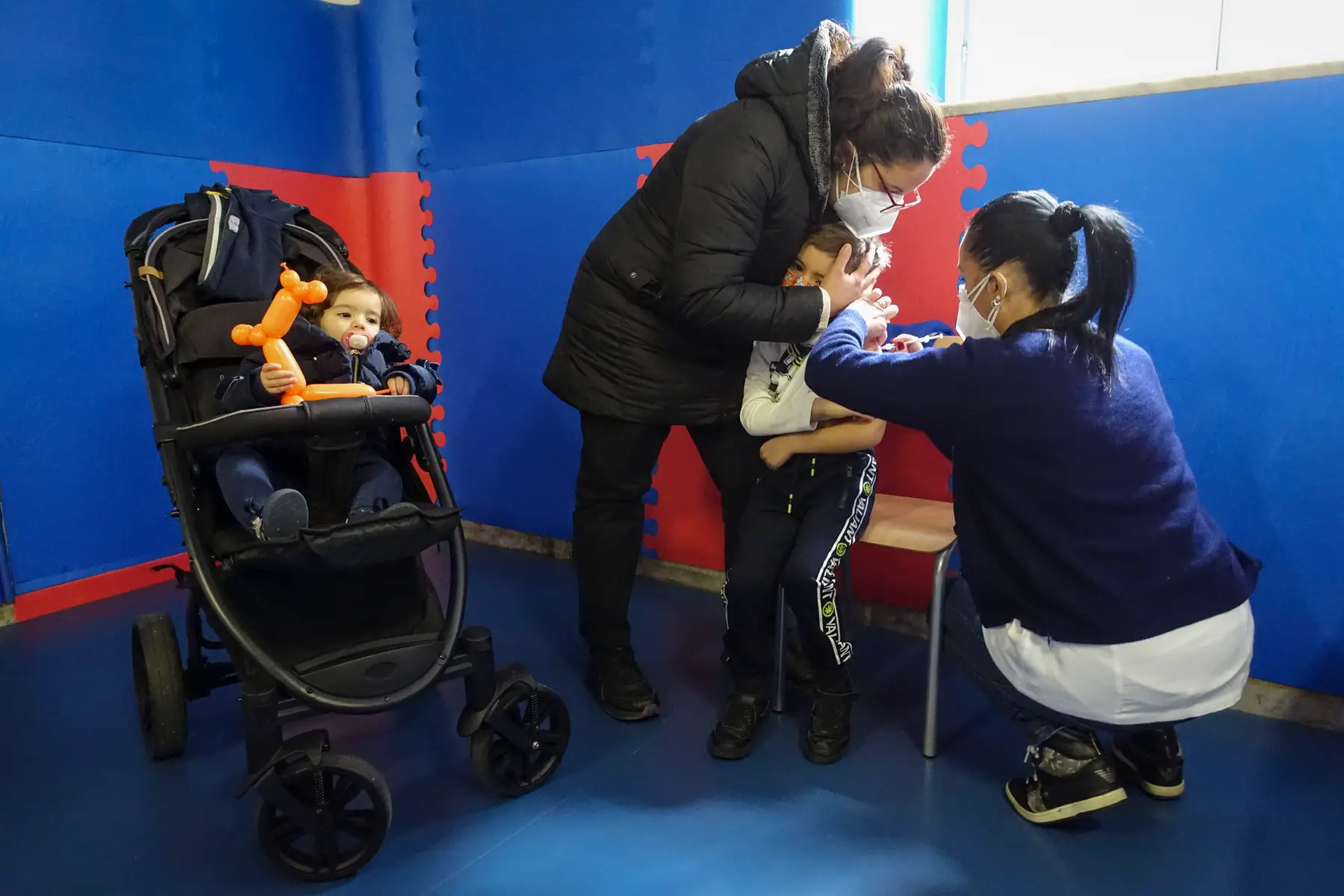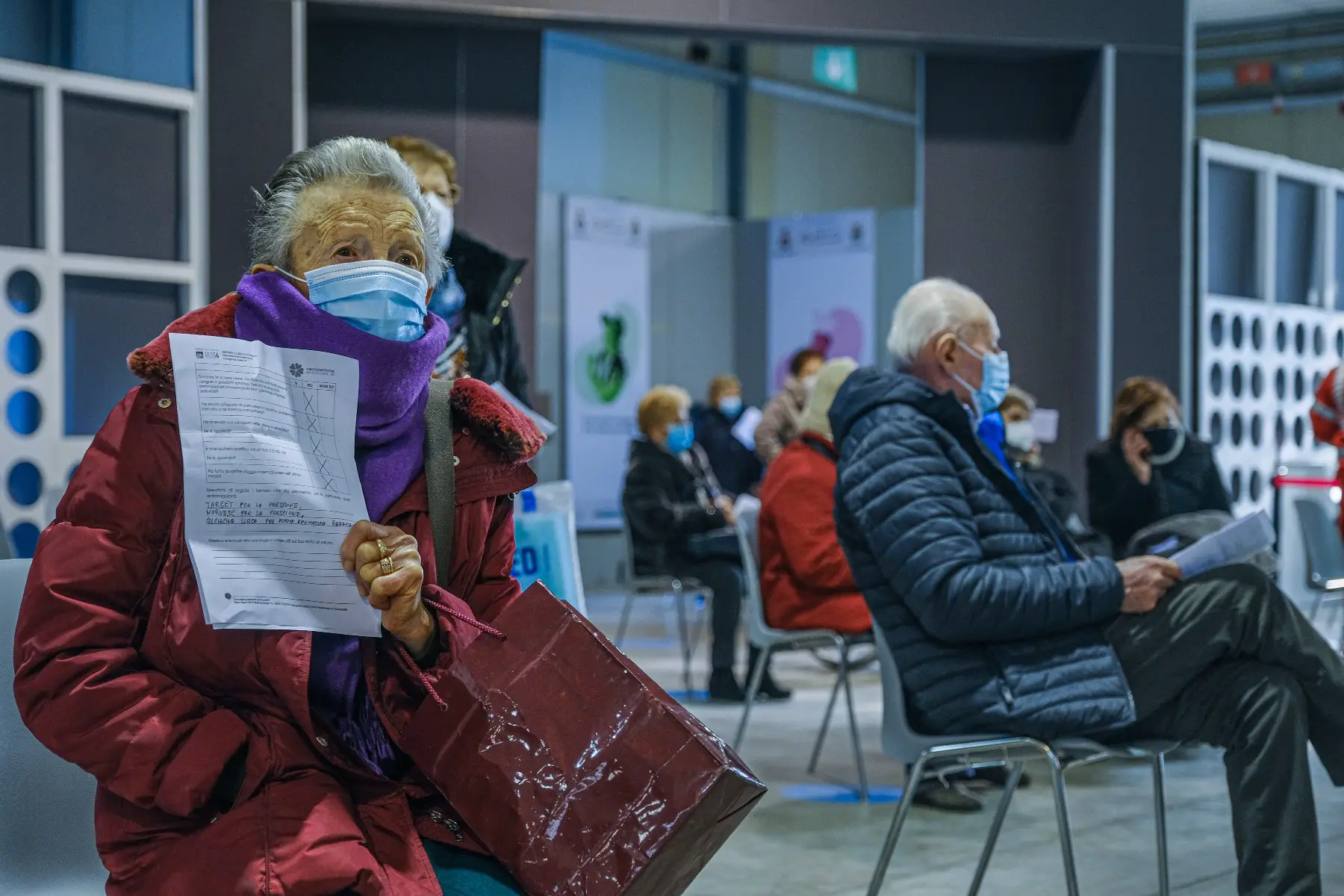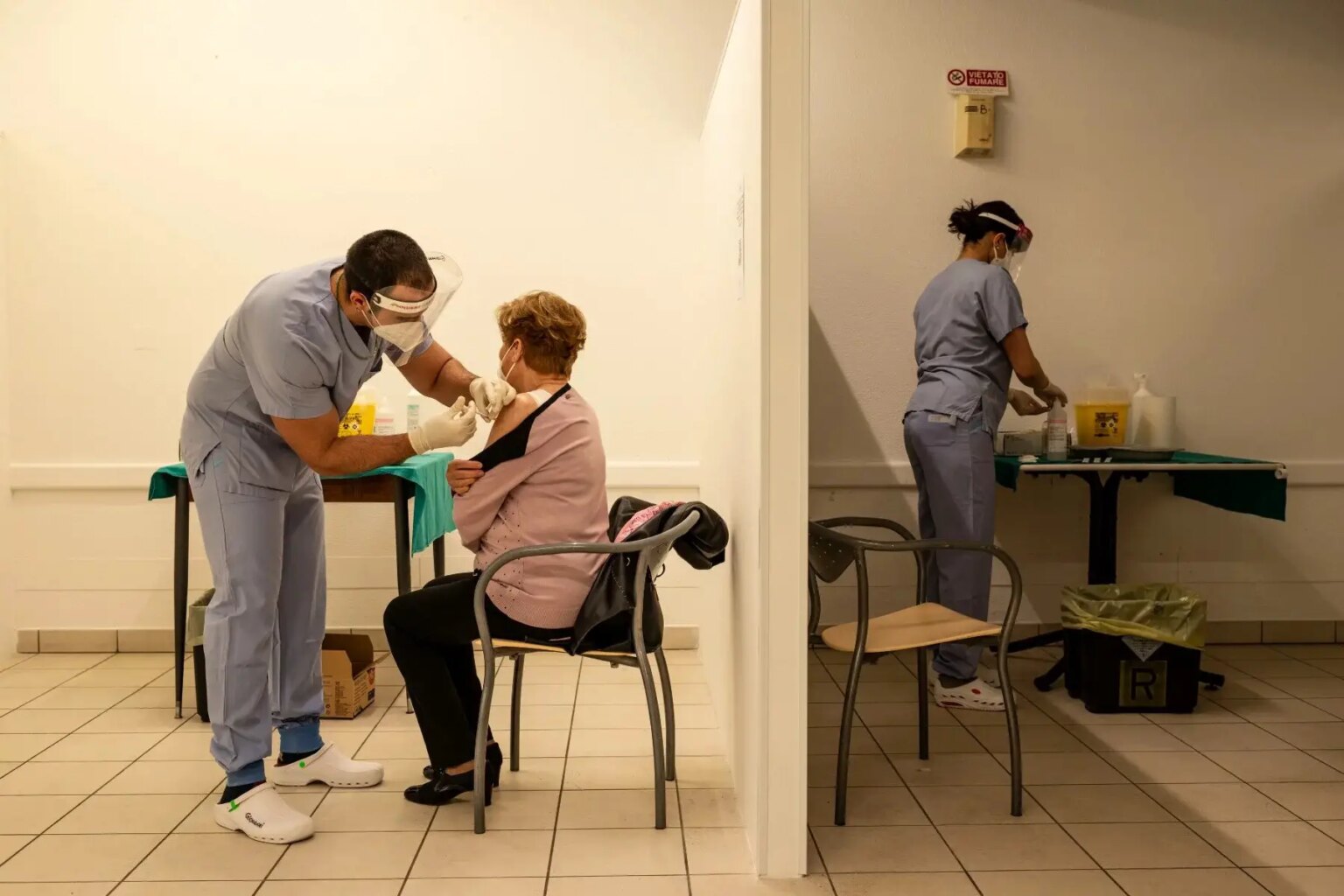Whether you’re on a Roman holiday or you’re moving to Italy permanently, it’s important to be aware of the required shots ahead of time. Luckily, vaccinations in Italy are clear to understand and easy to access.
Learn more about the available vaccines and the vaccination schedule in the following sections:
Cigna Global
Enjoy peace of mind while living in Italy with Cigna Global’s long-term international health insurance plans (12+ months). Get tailored coverage, direct billing with many providers, complex case management, and global care on demand, with access to a network of 1.5+ million doctors, specialists, and therapists.
The Italian vaccination system
The Italian Medicines Agency (Agenzia Italiana del Farmaco – AIFA) approves and regulates all medications, treatments, and vaccines. Multiple government bodies oversee the Italian national vaccination program, specifically the Ministry of Health (Ministero della Salute) and the Higher Institute of Health (Istituto Superiore di Sanità – ISS). The latter is Italy’s main center for medical research, disease control, and technical-scientific advice on public health.

While Italians generally trust the healthcare system, many have a skeptical attitude toward vaccinations. According to a 2019 Eurobarometer report, only 78% of Italians believed that vaccines effectively prevent infectious diseases (compared to 85% of all Europeans).
Likewise, a quarter of Italians do not rate recommended shots as essential, and just over 45% of the population thinks vaccinations are only important for children. Moreover, a third of the population (32%) believes that vaccines weaken the immune system or cause the disease they protect against (34%).
Especially people over the age of 50 are hesitant to get optional vaccines. For example, only 56% choose to get a standard flu vaccine. Similarly, just 14% of people received the pneumococcal vaccine, and a mere 10% protected themselves against herpes zoster or shingles.
Insurance for vaccinations in Italy
Italy has two levels of healthcare insurance coverage: public and private. The public option is called National Health Service (Servizio Sanitario Nazionale – SSN) and ensures that all citizens have universal access to healthcare services. It also covers mandatory immunizations, plus some of the optional ones.
Still, the SSN does not cover all voluntary vaccines, especially those that fall outside specific age ranges. For instance, the Human papillomavirus (HPV) vaccine is only free for women and girls up to the age of 25. After that, it costs €87 (2022).
You will either pay out of pocket or have to take out private health insurance to cover the costs. Reputable insurance providers for expats in Italy include:
Childhood vaccinations in Italy
The ISS vaccination schedule is undoubtedly the best reference point for understanding what vaccinations children will need and at what age they are required to get them.
To get access to childhood vaccinations, you must register with the SSN and choose a family doctor or pediatrician.
Mandatory and recommended vaccinations
Italian families typically start vaccinating their kids from three months old and continue throughout childhood. While children must be vaccinated against the most common diseases, parents can also request optional vaccinations. Both types are covered by the SSN.

Medical professionals recommend specific adult vaccinations, but these are not mandatory. For example, if you did not have the HPV vaccine as a child, you can choose – or refuse – to get it as an adult.
The required vaccinations (vaccinazioni obbligatorie) in Italy are:
| Vaccine | Diseases and infections it protects against | Number of doses |
| dTapIPV vaccine | Diphtheria, tetanus, whooping cough, and polio | Two |
| Hexavalent vaccine (DTaP/IPV/HepB/Hib) | Diphtheria, tetanus, whooping cough, polio, hepatitis B, and Haemophilus influenzae type b | Three |
| HPV vaccine | Human papillomavirus | Two or three |
| Quadrivalent vaccine (MMRV or MMR+V) | Measles, mumps, rubella, and chickenpox | Three |
The recommended but voluntary vaccines are:
| Vaccine | Diseases and infections it protects against | Number of doses |
| COVID-19 vaccine | COVID-19 | One |
| dTapIPV vaccine | Diphtheria, tetanus, whooping cough, and polio | One every 10 years |
| HPV vaccine | Human papillomavirus | Two or three |
| Influenza vaccine | Common flu | One every year |
| Meningococcal ACWY conjugate vaccine (MenACWY) | Bacterial meningitis | One or two |
| Meningococcal B vaccine (MenB) | Bacterial meningitis | Four |
| Meningococcal C conjugate vaccine (MenC) | Bacterial meningitis | Two |
| Pneumococcal conjugate vaccine (PCV) | Pneumococcal disease | Three |
| Polysaccharide vaccine (PPSV) | Pneumococcal disease | Two |
| Rotavirus vaccine | Rotavirus | Two |
| Zoster vaccine | Herpes zoster (shingles) | Two |
Other additional vaccinations in Italy
Depending on your situation, your vaccination schedule might change. For example, you may need to be vaccinated more often if you are in a particular line of work, at high risk of infection, or have a weak immune system.
It’s recommended you consult your doctor or access the ISS vaccination schedule to stay updated.
Vaccination schedule in Italy
The following is a recommended schedule for mandatory and optional vaccines:
| Age | Mandatory vaccinations | Optional vaccinations |
| 3 months | First dose of Hexavalent vaccine | First dose of MenB vaccine First dose of PCV First dose of Rotavirus vaccine |
| 4 months | Second dose of MenB vaccine Second dose of Rotavirus vaccine | |
| 5 months | Second dose of Hexavalent vaccine | Second dose of PCV |
| 6 months | Third dose of MenB vaccine | |
| 11 months | Third dose of Hexavalent vaccine | Third dose of PCV |
| 13–15 months | First dose of Quadrivalent vaccine | Fourth dose of MenB vaccine First dose of MenC vaccine |
| 6 years old | Second dose of Quadrivalent vaccine First dose of dTapIPV vaccine | |
| 12–18 years old | Second dose of dTapIPV vaccine | Two or three doses of HPV vaccine First dose of MenACWY vaccine Second dose of MenC vaccine |
Adults can also get the following voluntary vaccinations at any time:
- Common flu
- COVID-19
- Herpes zoster
- PPSV (Pneumococcal polysaccharide vaccine)
COVID-19 vaccinations in Italy
Since these became widely available, anyone registered with the SSN can access COVID-19 vaccines throughout Italy free of charge. You can visit the MoH website for any recent COVID-19 updates and vaccine mandates.
Vaccinations for pensioners in Italy
As said before, adult vaccinations are not mandatory in Italy. However, doctors strongly encourage anyone over 60 to get vaccinated against:
- Common flu
- Herpes zoster
- Pneumococcal disease

The family doctor typically administers vaccines for seniors, but the nursing staff at local hospitals or medical care facilities can do it as well. On very rare occasions, the pharmacy may also provide certain vaccinations.
Vaccinations for special groups in Italy
Your medical practitioner may recommend additional vaccinations depending on your situation. For example, women can opt for the HPV vaccination that offers protection against cervical cancer. Pregnant people can also get the Diphtheria-Tetanus-Pertussis (Dtap) vaccine to prevent diphtheria, tetanus, and whooping cough and protect the fetus.
Doctors also recommend ancillary vaccinations for at-risk patients with chronic health issues.
Travel vaccinations in Italy
Depending on your country of origin, you may need vaccinations before traveling to Italy. For instance, if you are traveling from the U.S., you are advised to get the following:
- Routine vaccinations ( e.g., chickenpox, flu, diphtheria, herpes zoster, measles, mumps, polio, rubella, tetanus, and whooping cough)
- Hepatitis A and B
- Rabies (if you plan on being around wild animals)
- Tick-borne encephalitis (if you engage in outdoor activities in areas where ticks are likely to be found)
When you travel to another country, you might need other specific vaccinations (e.g., against yellow fever, typhoid, rabies, or cholera). Be sure to check the Ministry of Foreign Affairs (Ministero degli Affari Esteri) website or consult with your GP before your departure.
Generally, the SSN does not cover travel vaccinations. Costs can range up to €100 unless you have private health insurance.
Useful resources
- Ministry of Health – official website of the Italian government body responsible for public health
- ISS vaccination schedule – overview of all mandatory and optional vaccinations in Italy
- SSN – official government website where you can register for the SSN






